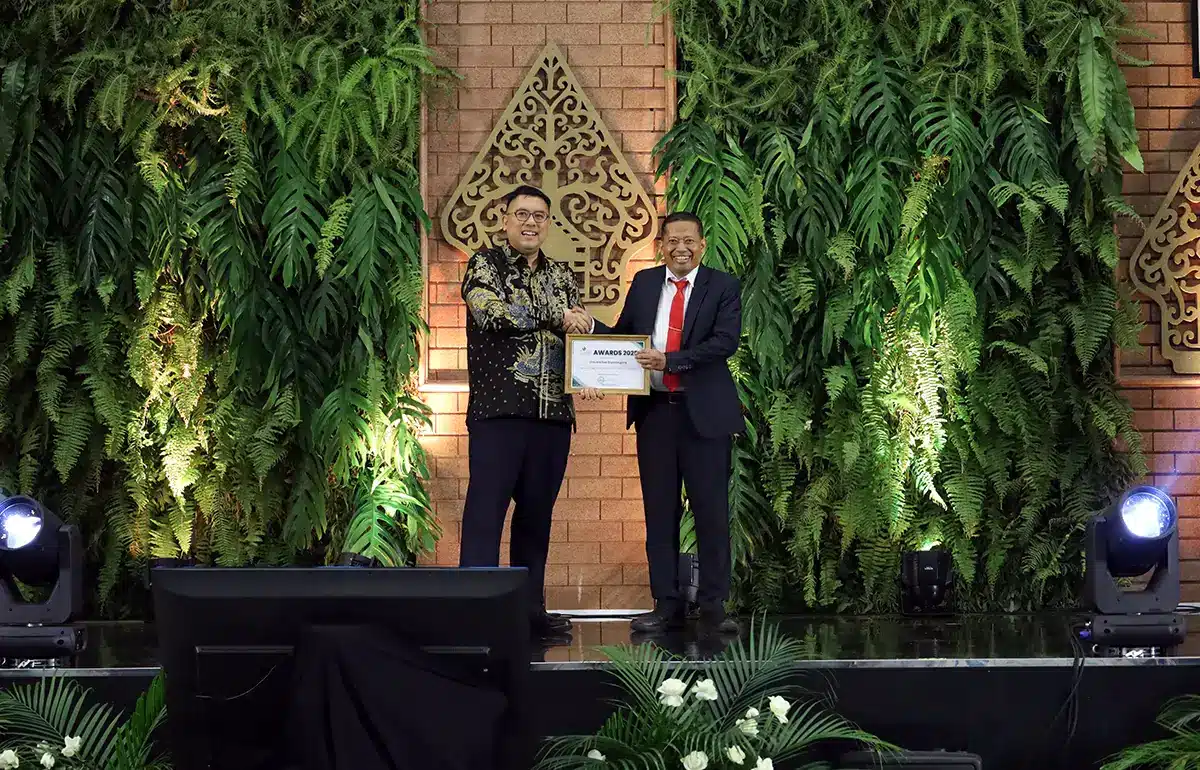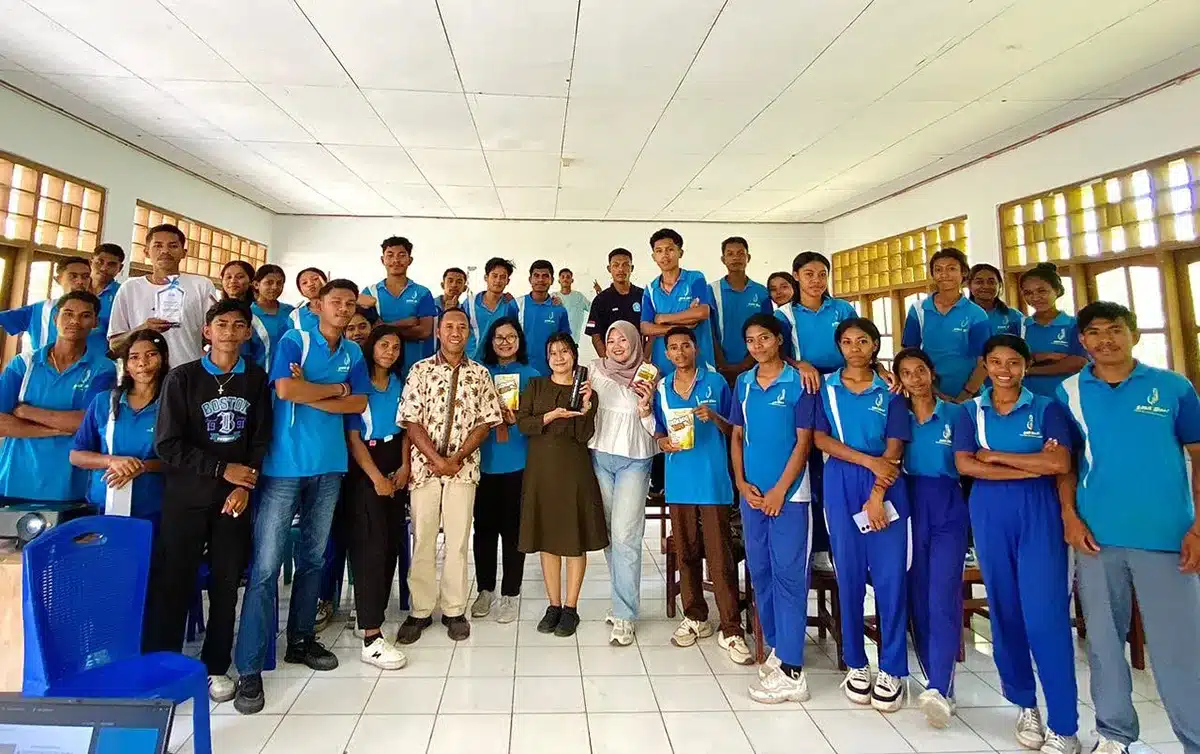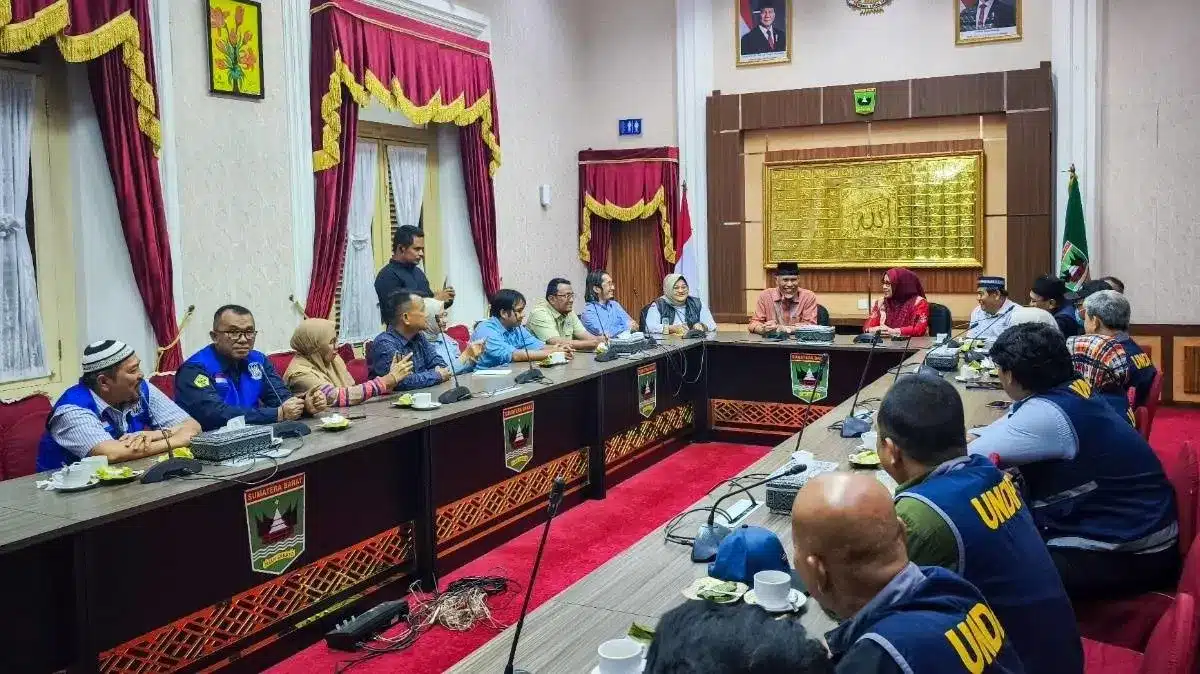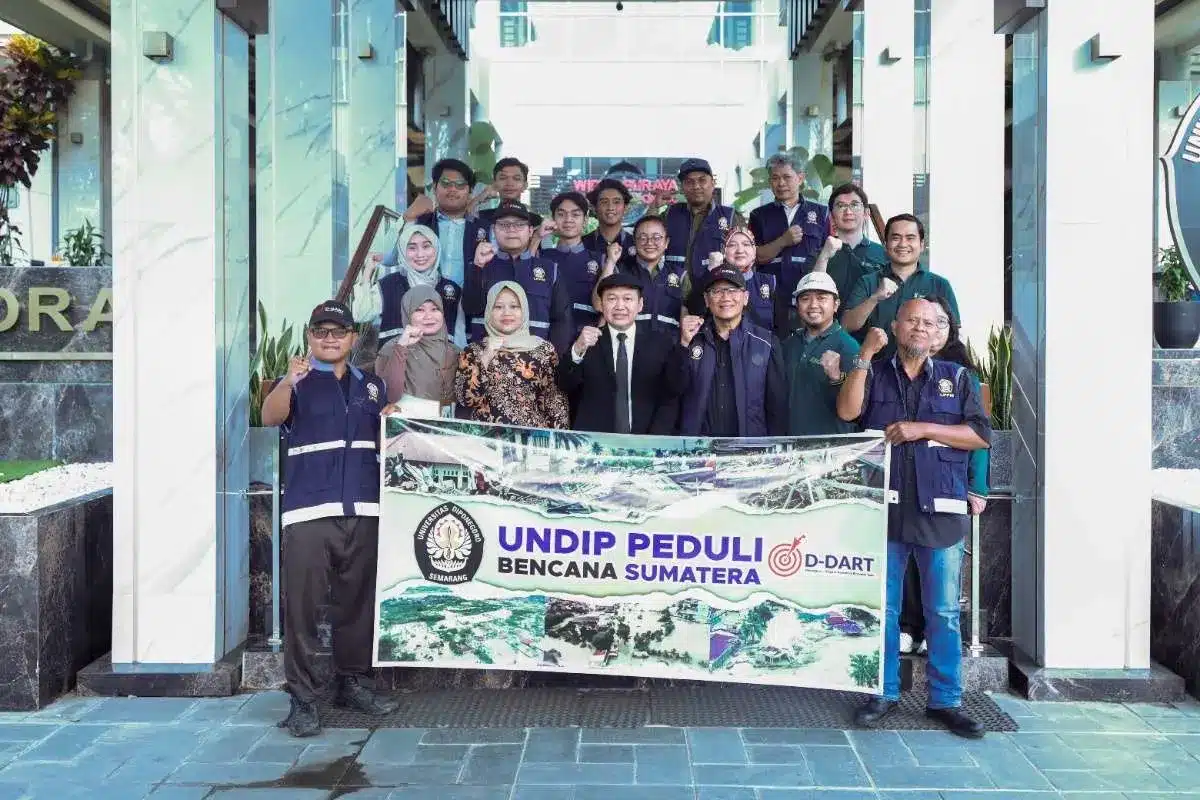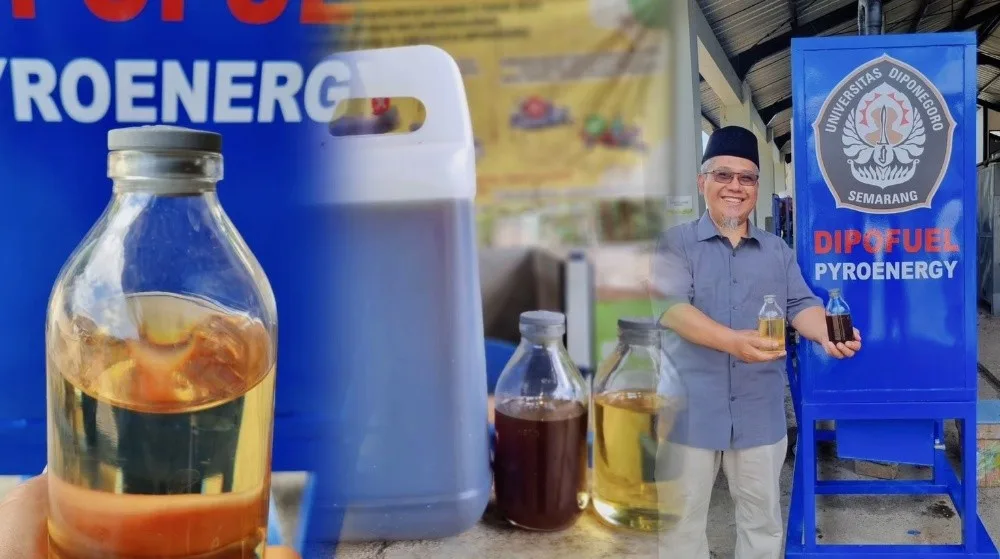SEMARANG – Professor of Genetics of Faculty of Medicine, Diponegoro University, Prof. DR. Sultana MH Faradz, PAK, Ph.D, invited the public to pay attention to their lifestyle to prevent colon cancer. As the environment and lifestyle changes, now colon cancer is the third most common cancer after lung cancer and breast cancer.
This was conveyed by Prof. Sultana during the webinar which was held in commemoration of the 60th Anniversary of Faculty of Medicine Undip. This event was held by the Master of Biomedical Sciences Study Program of Faculty of Medicine Undip. In the webinar with the theme of “Cancer and Genetics: Early Detection of Genetics in Cancer and Its Treatment”, the professor of Faculty of Medicine Undip said that the number of colon cancer cases had reached 10% of all cancer cases.
She explained that in addition to lifestyle changes, the risk of colon cancer is also influenced by age, obesity, diabetes, and smoking habits. The westernized lifestyle, which is characterized by the high consumption of red meat such as beef, goat and processed meat, is said to be a significant factor in colon cancer cases.
Prof. Sultana cited that life in Indonesia, where red meat consumption is starting to stand out, needs attention. “WHO has said that processed meat is one of the causes of cancer. This must be our common concern,” she said, on Saturday (18/9/2021).
She reminded parents to control and educate their children about what is good to be consumed for health. “Our lifestyles are mainly about how to feed the children as long as they are happy without considering whether the food is good for health or not,” she added.
She strictly conveyed several things related to food that need to be avoided in order to reduce the risk of colon cancer. One of the efforts is by avoiding eating low-fiber foods, foods high in fat, foods that contain preservatives and dyes, and the habit of drinking alcohol. She also asked polyp sufferers to be more cautious about their food. “Sometimes, the signs are accompanied by prolonged abdominal pain, and strange shape of feces. It’s also a sign, not just diarrhea.”
Regarding age, people over the age of 50 also have a greater risk of developing colon cancer. “What causes the risk of colon cancer is age over 50 years. Cases under the age of 50 are rare unless there is a family history of cancer,” she said.
As for the stages of colon cancer development, it is starting from stage 0 where the cancer is only in the deepest cells of the intestine. Then at stage 1 cancer cells have grown in the inner wall of the intestine; the next is stage 2 where it affects the surrounding tissues. “At stage 3 the cancer cells have spread to the lymph nodes and stage 4 cancer has spread to other parts of the body.”
While the Head of Medical Department of Faculty of Medicine Undip, Dr. dr. Trilaksana Nugroho, in his speech representing the Dean of Faculty of Medicine Undip, expressed his appreciation for the webinar that was held this time. “We welcome this activity which was pioneered by Biomedical Science Master Study Program of Faculty of Medicine Undip,” he said.
According to him, this oncology study is very interesting to be discussed from various perspectives, especially genetics. In this case, we may rarely learn the genetics field since we usually learn about clinical field.
Therefore, it is very relevant that the Biomedical Sciences Master Study Program of Faculty of Medicine Undip takes the initiative to study the genetic aspects of cancer, which in essence is the basic pathogenesis of cancer itself. Cancer is defined as a genetic defect disease. “Hopefully from this activity, the participants and all of us can get new insight on cancer genetics, and can find or inspire ideas, research, or development of cancer management,” he hoped.
In its implementation, this webinar was also attended by other speakers including a lecturer at clinical pathology section of Faculty of Medicine Undip, Dr. dr. Edward Kurnia Setiawan, who delivered material on the ethical aspects of genetic detection in cancer. Other speakers are Head of Biomedical Science Masters Study Program of Faculty of Medicine Undip, Dr. dr. Yan Wisnu Prajoko, who explained about genetic testing and management of hereditary breast cancer; and teaching staff at YARSI University Biomedical Masters Program, Ahmad Rusdan Handoyo Utomo, who discussed about the benefits of genetic detection of HPV that causes cervical cancer. (PR team)
Translated by: Titis (Public Relations)


